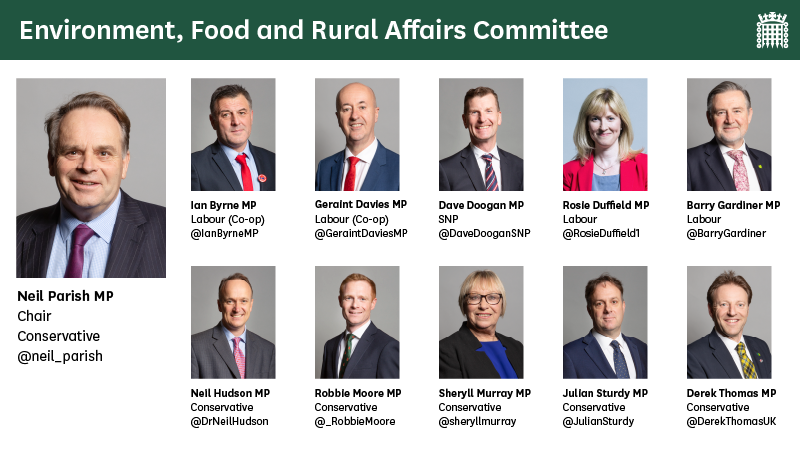The Government must improve air quality in the UK
The coronavirus pandemic has given us a glimpse of a cleaner future. Will we continue with business as usual?

Cleaner air and clearer skies were some of the few positives that many people experienced following the first covid-19 lockdown in March 2020.
Air pollution is classified as the largest “environmental risk” to UK public health, and is linked to up to 64,000 early deaths a year. Health problems caused by air pollution in the UK are estimated to cost society more than £20 billion a year. As the pandemic progressed, evidence also began to emerge that air pollution might increase people’s chances of both catching covid-19 and dying from it.
We wanted to know more, so we launched an inquiry into Air Quality in June 2020.
What's the problem?

Air quality in the UK was already an important issue before the pandemic. In 2018, a group of select committees called air quality a “national health emergency,” saying that the Government wasn’t doing enough to ensure we had safe, clean air to breathe.
But lockdown gave us a glimpse of a different possibility. Especially given that links have been made between air quality and effects of covid-19, we wanted to make sure that future efforts to improve air quality take account of lessons learned during the pandemic.
What can be done?
1. We need to keep up our efforts to improve air quality. The noticeable improvement many people had in their experience of air quality and their wellbeing after lockdown shows the benefits of action on this issue. The Government must make legal clean air targets more stringent, including:
- a specific target to reduce levels of fine particulate matter (PM2.5) in line with WHO guidelines
- targets to reduce other pollutants
The Office of Environmental Protection must be empowered to enforce these targets.
2. Health inequalities need to be addressed. Further research is urgently needed to fully understand the links between poor air quality and covid-19.
Whether or not poor air quality directly makes covid-19 worse, there is already a strong, established, case for taking action to reduce health inequalities caused and made worse by air pollution. The communities most affected by bad air quality are often those that make the smallest contribution. We're calling for a legal target to reduce the number of deaths from air quality.
3. We need a campaign to get people back on public transport when it is safe to do so. Although it has been necessary to reduce the use of public transport during the pandemic, action is needed to prevent a permanent negative shift in public attitudes towards it.
As restrictions are lifted, the Government should work with local authorities and providers to reassure the public that public transport is safe and to promote its use. During the first lockdown in spring 2020, active travel like walking and cycling increased significantly, facilitated in part by timely Government action. It is important that this progress is not lost, and the Government must support it financially.
We're also calling for action to tackle air pollution around schools, including increasing the number of school streets.

The Government must now respond to our report.
Our report, ‘Air Quality and coronavirus: a glimpse of a different future or business as usual’, was published on 11 February 2021. The Government has two months to respond to our recommendations. Detailed information on our inquiry into Air Quality can be found on our website.
If you’re interested in our work, you can find out more on the House of Commons Environment, Food & Rural Affairs Committee website. You can also follow us on Twitter.
Looking at issues from the air we breathe to the food on our plates, Parliament’s Environment, Food and Rural Affairs Committee (EFRA) exists to scrutinise the administration, spending and policy of the Government’s Department for Environment, Food and Rural Affairs.
Illustrations by Alex Paterson





